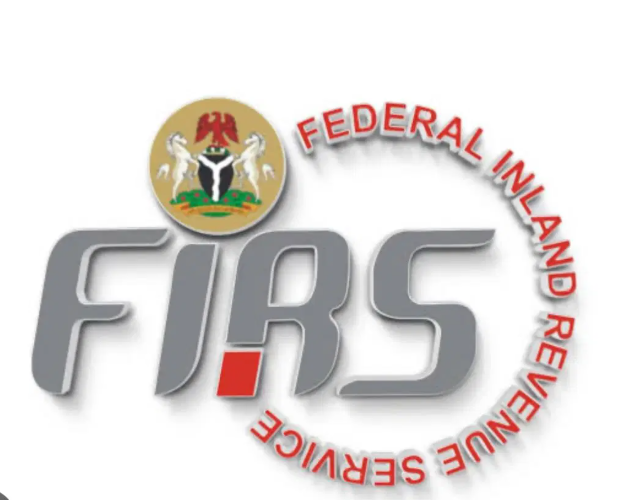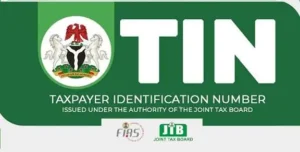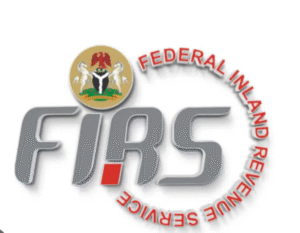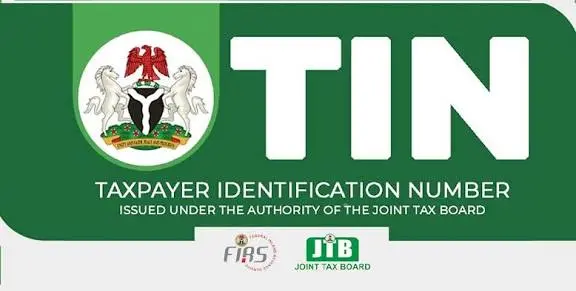
No Tax ID, No Bank Account by January 1, 2026 – FG Clarifies
- Business
- 14.09.2025
- No Comment
- 120
New Tax ID Requirement for Banking and Financial Transactions
without a Tax Identification Number (Tax ID), taxable persons may not be able to operate
bank accounts, insurance policies, pension accounts, or
investment accounts in Nigeria.

This update was contained in a frequently asked questions (FAQ) document titled
“New Tax Acts and Tax ID – What You Need to Know”, shared by Taiwo Oyedele,
Chairman of the Presidential Committee on Fiscal Policy and Tax Reforms.
Many Nigerians have questions about what this means for banking, businesses, and everyday life.
The FAQ document provides answers, clarifies misconceptions, and highlights safeguards designed to protect citizens
while ensuring a fairer, more transparent tax system.
Related News: No Need for Separate TIN to Operate Bank Accounts — FIRS Clarifie
With 6 Months to Go, Only Six Listed Banks Have Met CBN Recapitalisation Target
Frequently Asked Questions (FAQs)
1. Is it true that everyone must obtain a Tax ID before operating a bank account?
Yes, but with clarifications. Section 4 of the NTAA requires all taxable persons to register with
the tax authority and obtain a Tax ID. A “taxable person” is someone who carries on trade, business, or other
economic activity to earn income. Banks and other financial institutions are required to request a Tax ID
from taxable persons.
Individuals who do not earn income and are not taxable persons are not required to obtain a Tax ID.

2. Is this requirement new?
No. This is not a new policy. It has existed since the Finance Act 2019, which amended
Section 49 of the Personal Income Tax Act. Since January 2020, individuals opening business accounts have
been required to provide a Tax Identification Number (TIN).
The NTAA only strengthens and harmonizes this requirement.
3. Why does the new law say “Tax ID” instead of TIN?
“Tax ID” is a unified term for different TINs issued by the
Federal Inland Revenue Service (FIRS),
Joint Tax Board (JTB), and State IRS.
Ultimately, your NIN (for individuals) and
CAC RC number (for companies) will serve as your Tax ID, reducing duplication and simplifying compliance.
4. If I already have a TIN, do I need a new Tax ID?
No. Your existing TIN remains valid. If you already have one, you do not need to register again.
For those without a TIN, you will need your NIN (individuals) or
CAC registration documents (companies) to process your Tax ID.
5. Will I need to queue for biometrics to obtain a Tax ID card?
No. The Tax ID is simply a unique number linked to your identity, not a physical card.
To obtain it, you can visit the nearest FIRS, State IRS, or
JTB office, or apply online via their official websites. It is free of charge —
do not patronise touts or unofficial agents.

6. Does the Tax ID requirement also apply to businesses?
Yes. For unincorporated businesses, your personal TIN/Tax ID is sufficient.
For companies, NGOs, incorporated trustees, and other registered entities, a TIN will be automatically
generated with your CAC registration details. If your business was registered without a TIN in the past,
simply visit the FIRS or apply online with your CAC documents to get one.
7. What about Nigerians in the diaspora?
Nigerians abroad can obtain a Tax ID using their NIN for
banking or investment purposes in Nigeria. A simplified process has been introduced for diaspora Nigerians.
Visit the NIMC website for details.
8. Do foreign companies and non-resident entities need a Tax ID?
Yes, if they do business in Nigeria. A non-resident company supplying goods or services
to Nigerian customers must register for a Tax ID. However, those earning only passive income
(dividends, interest, royalties, rent) may not need to register, though they must provide relevant information.
A company registered abroad but effectively managed or controlled in Nigeria is treated as resident and must comply.
9. Are government-owned enterprises and agencies exempt?
No. Section 5 of the NTAA requires all ministries, departments, agencies (MDAs),
and government-owned enterprises (federal, state, or local) to register for tax and obtain a Tax ID.
10. What happens if a taxable person does not register by January 1, 2026?
Without a Tax ID, a taxable person may not be able to operate bank accounts,
insurance policies, pension accounts, or investment accounts.
Sanctions also apply under the NTAA. However, individuals who are not taxable persons are not required to obtain a Tax ID.
11. How will this benefit ordinary Nigerians?
The aim is to simplify identification, reduce duplication, and close loopholes that allow tax evasion.
For most individuals and businesses, their NIN or CAC RC number will serve as their Tax ID with
no extra paperwork. This ensures fairness so that everyone who earns taxable income contributes their share while
protecting low-income citizens who are not taxable.





